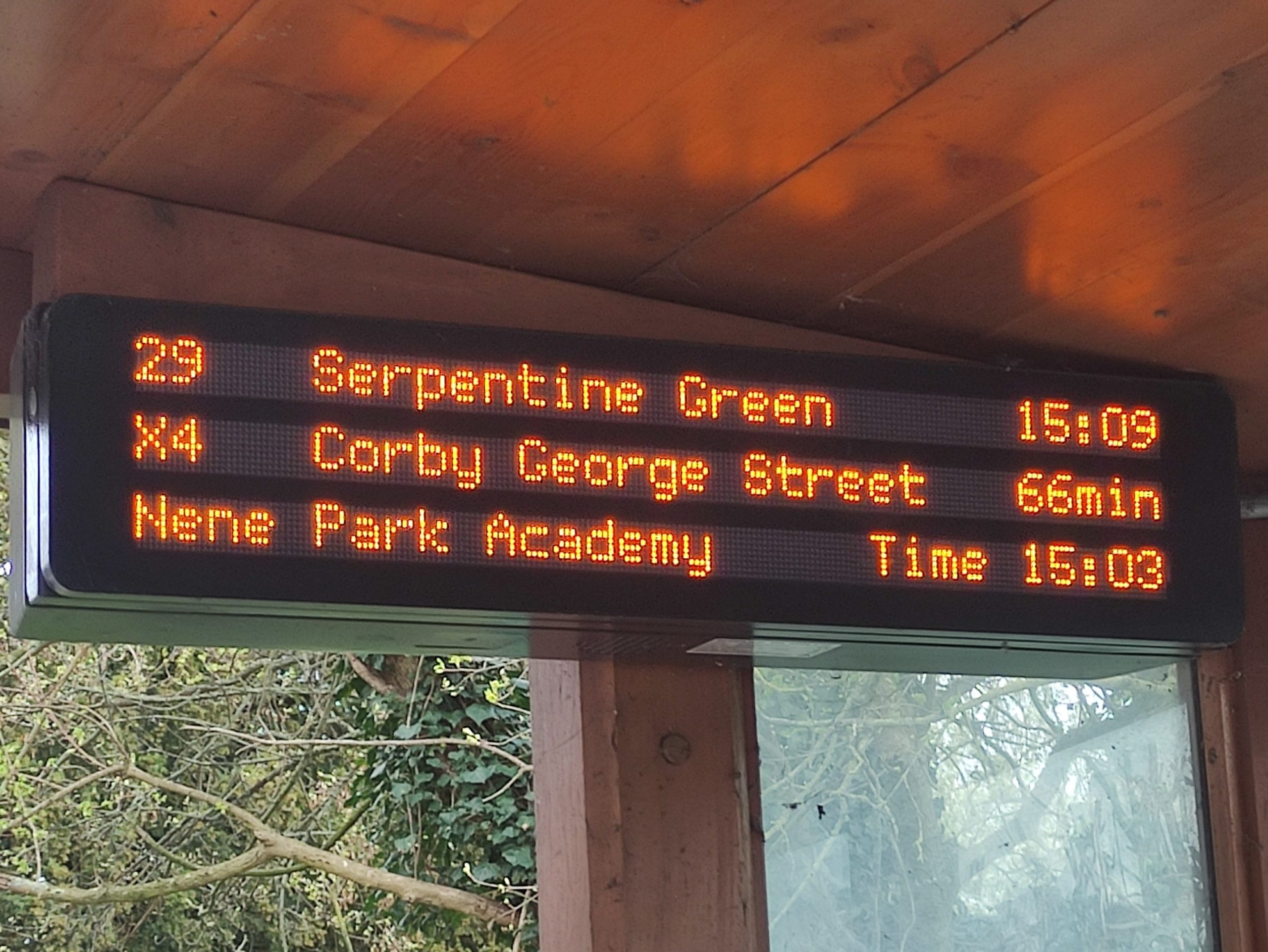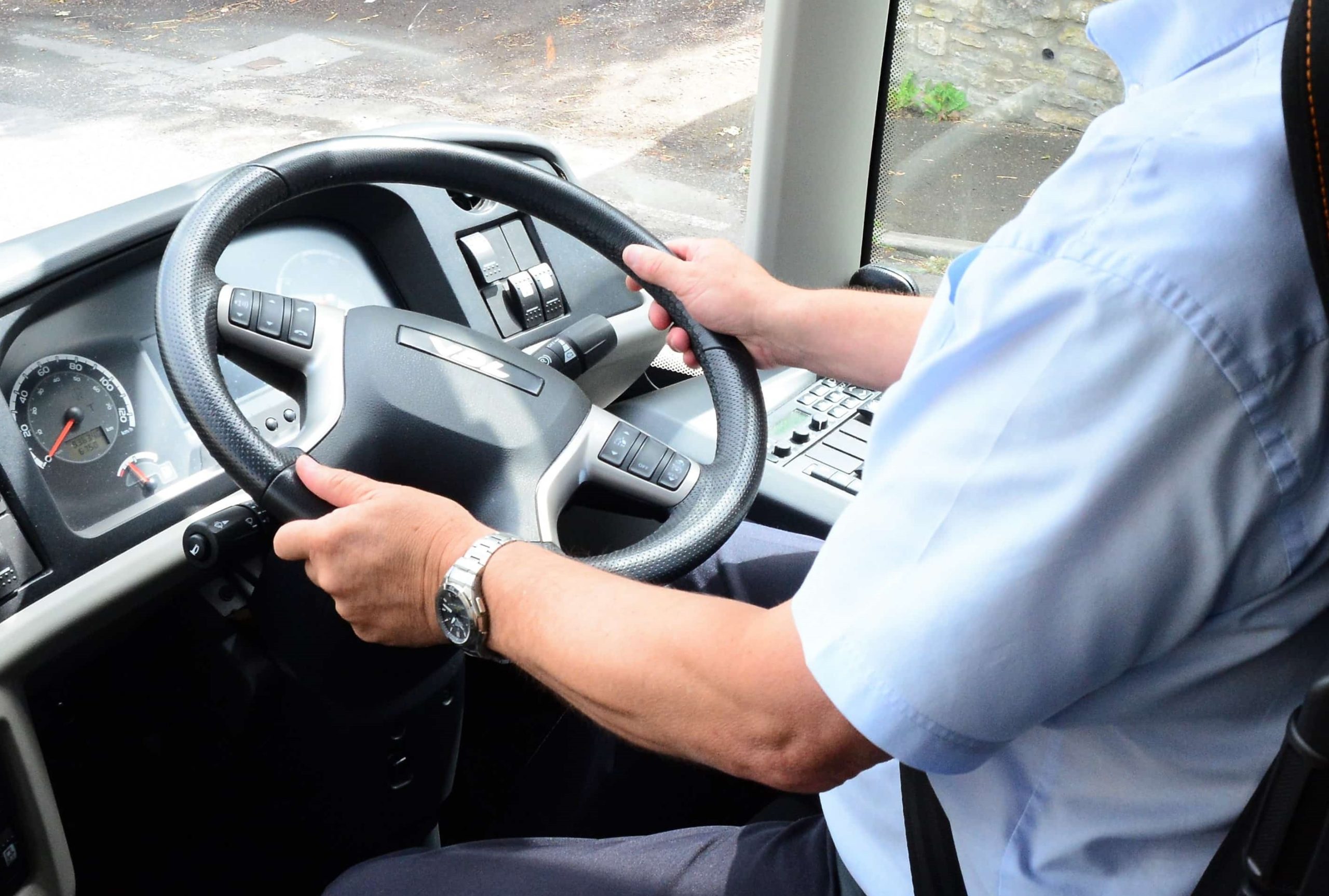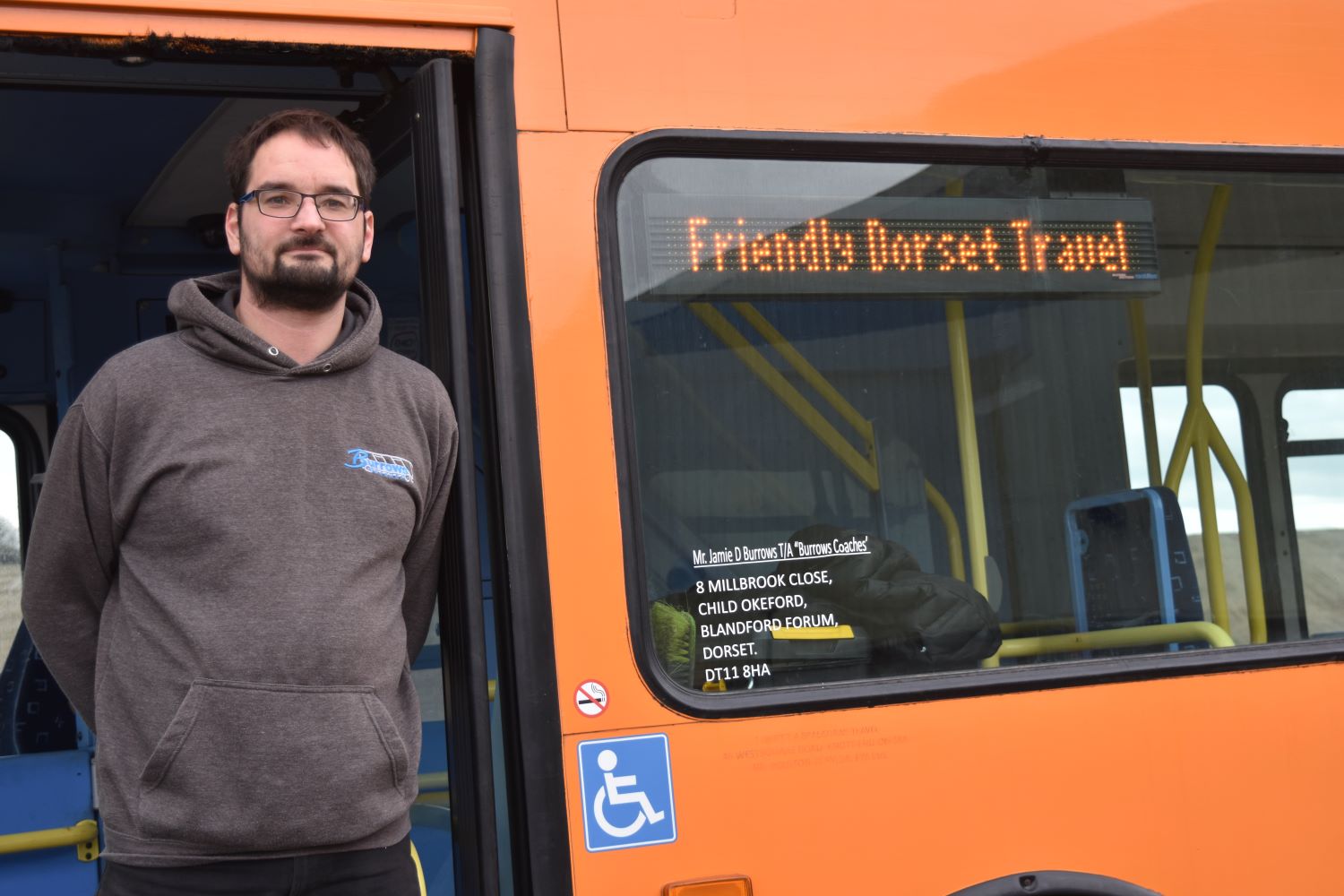Complying with Bus Open Data Service presents with operators with challenges – but help is at hand, writes CPT chief executive Graham Vidler
The challenges facing operators are well documented. One issue that is perhaps under the radar, but still of vital importance to operators of all sizes, is that of Bus Open Data Service (BODS).
In recent years, operators have been forced to grapple with this new system, which requires a new range of skills and processes to navigate. What’s more, the necessary guidance required to successfully complete this new system has, in some cases, not been fully provided.
Up until 2020, to ensure your service was operated, all you had to do was submit service information, complete consultation periods, ensure timetables work and pay the fees.
However, BODS has brought new digital challenges for registered service operators. Unfortunately, the requirements to provide fares, timetable and location data in prescribed electronic formats arrived just after the final phase of PSVAR implementation, and just as the world was adjusting to the COVID-19 pandemic.
The key aim of BODS is to help drive passenger growth by improving customer information. It is a worthy aim. Better data drives improved information, which encourages more people to choose buses.
The growth aim does leave a question mark over “dedicated school services”, which were deemed exempt in the original BODS implementation guidance. If registered, however, they are now within the legislative scope.
Many operators and local transport authorities have published data on bus stop displays or through their own apps for quite some time. However, BODS standards mean that many of these legacy systems used do not accept data in the same formats. A duplication of effort is thus required.
Timetables already submitted to the Traffic Commissioner (TC) need to be provided again to the BODS service. Each vehicle has to provide a location feed at regular intervals. Failure to comply with data requirements can result in penalties being administered by the TC, which mirror those for failing to run a service compliantly. It takes time and money to comply.
For the past year, our operations team, working alongside the Operator Digital Initiative (OpDi) group, have been talking with our members, the Department for Transport and its contractors to iron out the more operational issues. A working group is now raising awareness. The tech people at BODS are excellent at what they do, though they are not generally aware of PSV sector operations.
Facilitating member visits allows their specialists to appreciate what is involved — especially for operators, where often the person dealing with service registrations and BODS also deals with other management and may even drive the service.
The group now regularly hosts DfT, the Office of the Traffic Commissioner, DVSA, IT service providers and other PSV sector experts. Regular, open, and honest communication really works.
We are working DfT to ensure that support is given — and the Department appears to be listening. The void between operators and IT specialists is now largely understood by stakeholders. We’re assured future communications will be easier to understand and targeted at those who need it.
In the longer term, we’re also pushing for additional exemptions from the requirements and for the reform of bus registrations. Getting the system right will enable BODS to reach its full potential in supporting growth while keeping the cost of compliance proportionate.



























